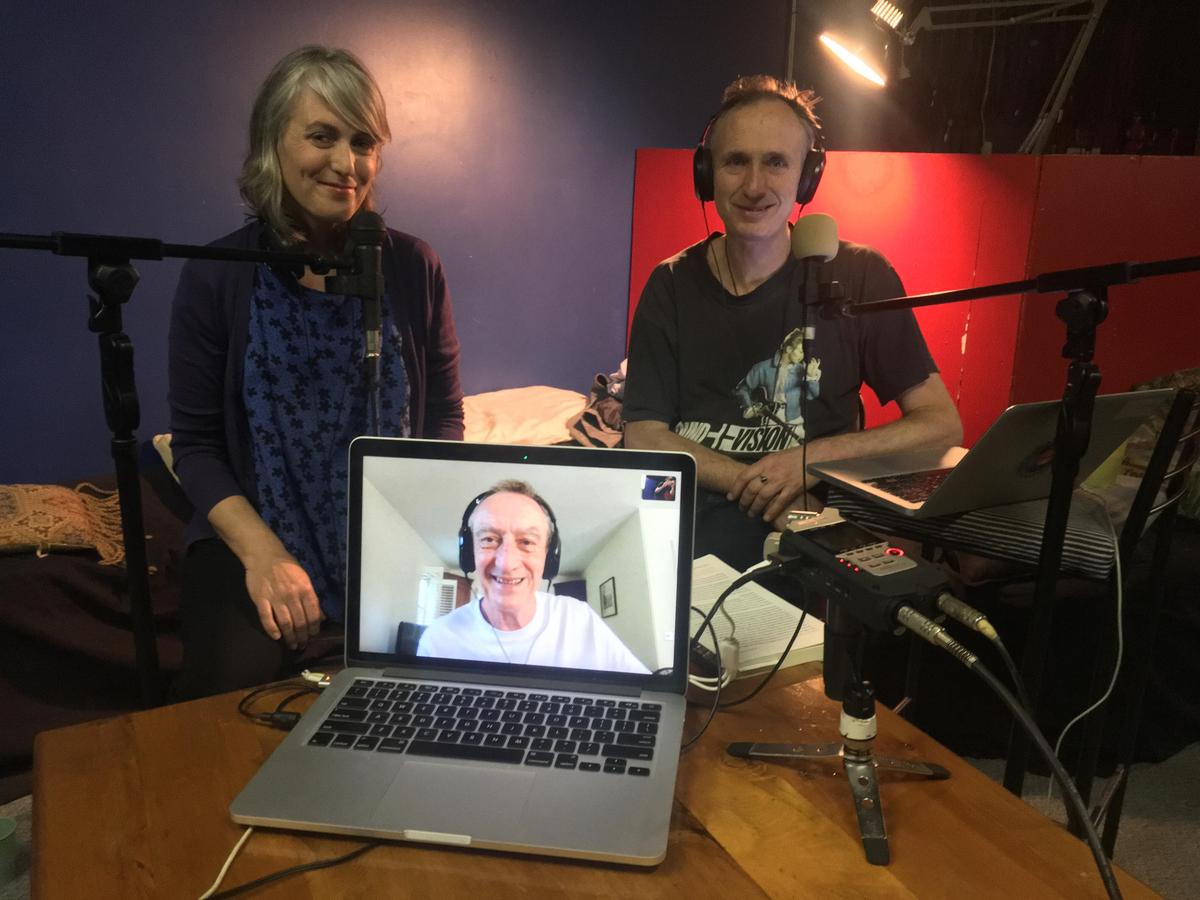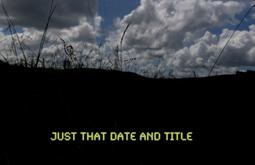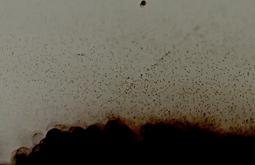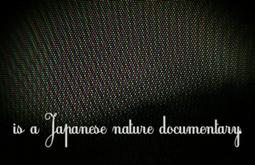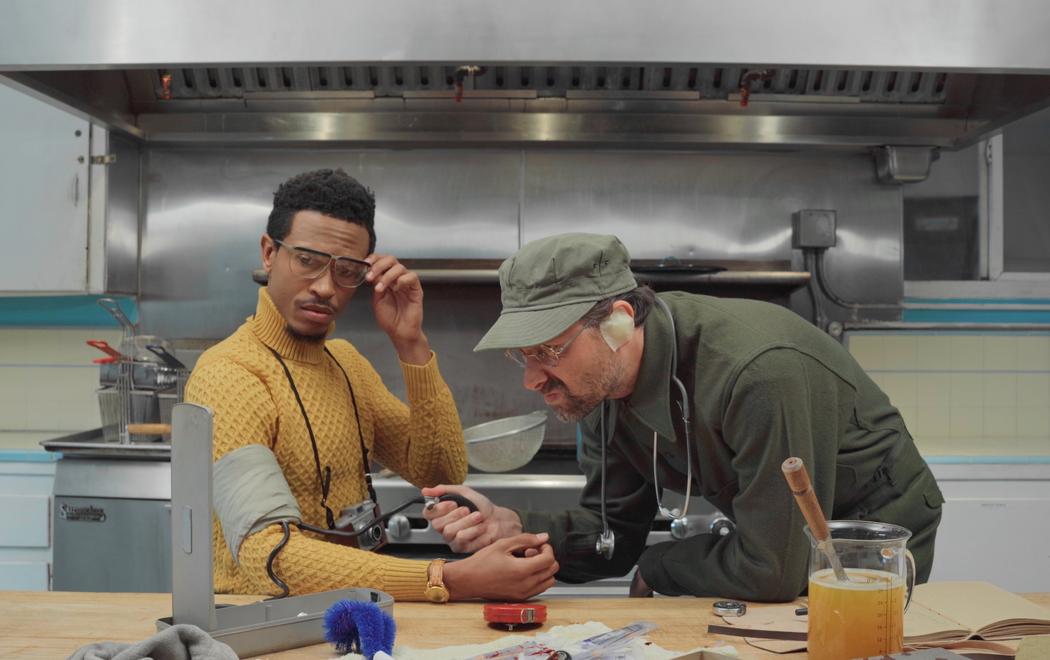“There's something inevitably fascistic about a perfect world” - Stella Brennan. UK academic Sean Cubitt joins Stella Brennan and host Mark Amery to discuss Object Permanence, Stella's new solo show at Trish Clark gallery, plus technological utopias and making dialogue with the non-human. “
Catalogue Notes:
0:00 Introduction
1.40 MA: How did you both meet? What brought Sean to NZ?
2.25 SC: The establishment of Digital Artist in Residence programme at Waikato University
2.45 SC: The historical promise of new media, the establishment of Aotearoa Digital Arts (ADA), a sense of community,the internet as a distribution medium, the advent of FAANG companies and development of business based on network communication model
5:30 SB: 8 and 16mm film in today's digital environment, Nova Paul, Luke Willis Thompson
6:00: Discussion of Black Flags show (2016), new video works Pacific Century (2018) and Object Permanence (2018), Stella's return to video and her use of text in works from past to present. SB: on use of textiles - "You feel a sense of powerlessness when you need electricity for a thing to work". Narrative as technology.
12:50 SB: Talks about video Pacific Century and working with a professional hypnotherapist. SB: Discusses installation Object Permanence, and working with a radiologist ”I was interested in this energy that surrounds us that we don’t have any organs to perceive”
16:00 SC: 'Sense of responsibility' in Stella's work Pacific Century to ‘people to whom we are in ancestors….' and people in the present as 'the ancestors of a far future’
18:00 SB: How impoverished our relationship with ancestors is, Māori concepts of time, avoiding the term 'anthropocene'
18:40 SC: Influence of Māori worldview on his ideas about technology and time, on Marx and concept of dead labour – "all the skills and knowledge of the past that have been congealed into big machines, knitting, weaving, metal working...", quotes Barry Barclay - “...the difference between you Pākehā and us is we know the names of our ancestors”
20:50 SB: Family history of labour in industrial production, textiles as history of industrialisation
21:30 SC: Notes Tim Berners-Lee book Weaving the Web, Sadie Plant on Ada Lovelace, and concept of mobile cellular style of network as a mode of knitting
23:00 SB: discusses knitted screenshots from Bloomberg terminals
24:20 SB: On Trish Clark show “what is money and security and how does it relate to the physical reality of disaster and the physical reality of time?“
24:52 – SB: “If you think about textiles they are what touches us from the moment we are born till the moment we die.”
25:43 – SB: “Once something is not high tech, once something is kind of remainderd and a bit shabby and a little bit dysfunctional that’s the moment we can actually see it properly for the first time”
26:00 SC: On Walter Benjamin writing about the left over materials from the early 20th century. SC makes connection with SB works The Middle Landscape and Pacific Century
27:00 Discussion of visualisation of Fukishima nuclear reactor in Pacific Century, and the effect of radiation on the video capture taken by robots inside the reactors
31:30 SB: On ‘normal accidents’ - "in any system of sufficient complexity you’re going to have catastrophic failure" SC quotes Virillio "...when you invent the train you invent the train wreck…"
32:30 MA: What is the promise of digital technology for artistic creation now?
32:50 SC: Notes disappearance of 'utopias' from SB's practice, SB: Notes failure of intentional communities when confronted with everyday concerns such as dishwashing and childcare
33:52 SB: “There something inevitably fascistic about a perfect world”
35:19 SB: On 'hedonistic sustainability' – "if we make it fun…it becomes much more likely, doesn’t it?” On art, "it's more about uncovering what's already there"
36:00 SC: Quotes Ernst Bloch “The crucial thing about utopia is that it must not have a content…the moment you give it a content you define it according to the interests of the present and therefore it isn’t totally free“
37:00 SC: “Its not so much the future that’s the problem, it’s the present…we need to respond to the ancestors that we’ve locked up, we’re now in a very good position where we can get back to speaking with our ancestors”
37:30 SC: On migrants and the environment - “Politics starts when the people you’ve excluded from politics demand a part in it”
38:20 SB: On the rights of the Wanganui river SC: Politics is wrongly designed to include the non-human world "how do you invite a mountain to speak at the United Nations? How do you get a mountain to turn up at the Beehive?”
39:30 SC: On the place of technology - ‘What do databases want? …all the evidence points to the fact that databases are in love with people…they just don’t have a means to express it… what if they were liberated from [the profit motive] and in dialogue with us?"
40:00 SC: Learning from indigenous cultures how to have dialogue with non-human worlds, with technologies, with ancestors and with the natural world
41:50 SB: "If you can change the narrative can you change the reality?"
42:43 END
